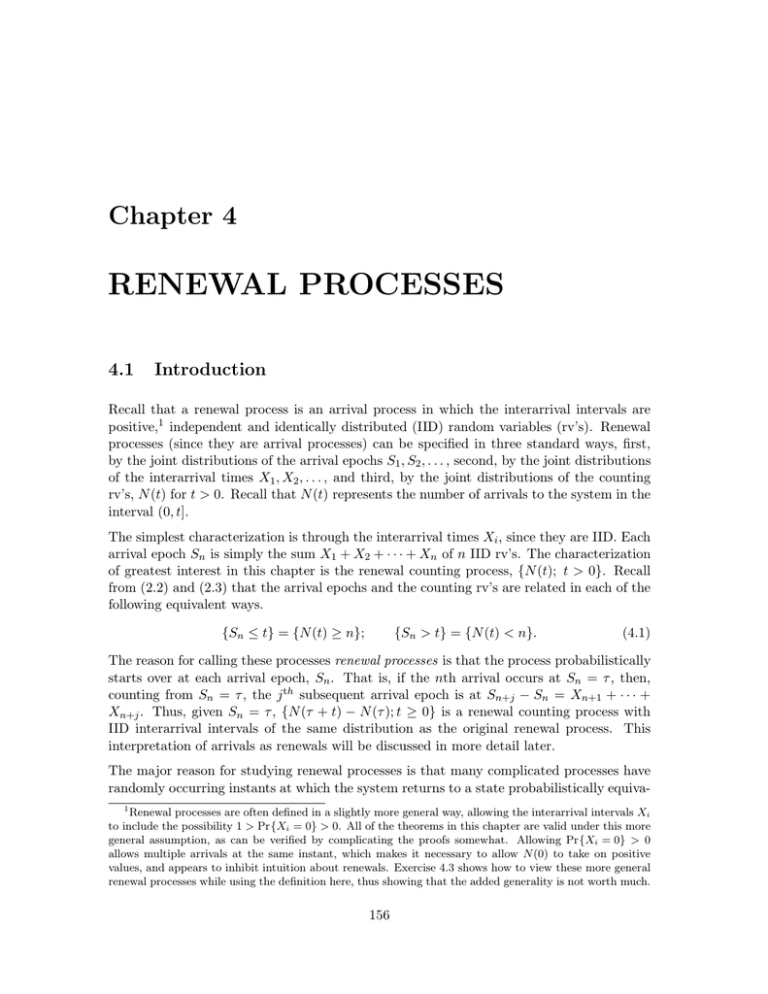Fire safety is a critical concern for any business operating in the United States.
We’ll explain why training matters, how to prepare for inspections, and what best practices help businesses stay compliant year after year.
By the end, you’ll have a practical roadmap for ensuring your office meets the highest fire safety standards and safeguards your most valuable assets: your people.
Why Fire Safety Matters in US Offices
According to the National Fire Protection Association (NFPA), thousands of commercial fires occur each year, causing billions in property damage and tragic losses of life.
Investing in proper fire safety measures is not just about meeting legal codes; it’s about creating a culture of care and preparedness.
In the US, workplace fire safety is regulated by a mix of national standards (like NFPA guidelines) and local fire codes.
What Is Fire Warden Training in the US?
Fire wardens act as safety leaders, guiding colleagues to exits, checking on vulnerable individuals, and ensuring no one is left behind.
Many programs cover topics like fire extinguisher use, alarm systems, emergency communication, evacuation routes, and post-incident reporting.
Look for programs aligned with OSHA standards, NFPA guidelines, and local fire codes.
Steps to Pass Fire Safety Inspections
These certifications confirm that the office has adequate fire alarms, extinguishers, evacuation plans, signage, and trained personnel in place.
To prepare, start by conducting an internal audit.
Proactive preparation not only simplifies renewals but also ensures continuous protection for your workplace.

Best Practices to Maintain Fire Safety Year-Round
US offices that prioritize ongoing safety measures are less likely to face emergencies and better prepared when incidents occur.
Ensure that emergency exits remain unlocked, clearly marked, and free of obstructions at all times.
Employee engagement matters too.
Legal and Insurance Implications of Fire Safety Compliance
Beyond regulatory penalties, companies may face reputational damage, employee distrust, and operational disruptions.
Insurance coverage is also tied to compliance.
Investing in compliance is not just about avoiding penalties—it’s about protecting your assets, your team, and your future.

Conclusion: Building a Fire-Safe Workplace
US companies that take fire safety seriously strengthen their resilience, enhance employee confidence, and minimize operational risks.
They not only meet legal obligations but also build trust with employees, clients, and insurers.
With the right approach, your company can navigate challenges confidently and ensure a safer, more secure future for everyone.
Your Questions Answered: Fire Safety in US Businesses
Which employees should receive fire brigade training?
However, all employees should receive basic fire safety orientation and know evacuation procedures.
How often should fire safety certifications be renewed?
Renewal periods vary by jurisdiction but are often required every 1–3 years.
What should companies watch out for to prevent fires?
Good housekeeping and equipment maintenance are key to fire prevention.
How does fire safety affect insurance coverage?
Staying compliant protects both your business and your financial stability.
How do I write an effective workplace fire plan?
It should be clearly communicated, posted in visible areas, and reviewed regularly with staff.
saiba aqui
Comments on “Office Fire Safety: Fire Warden Preparation for American Offices”